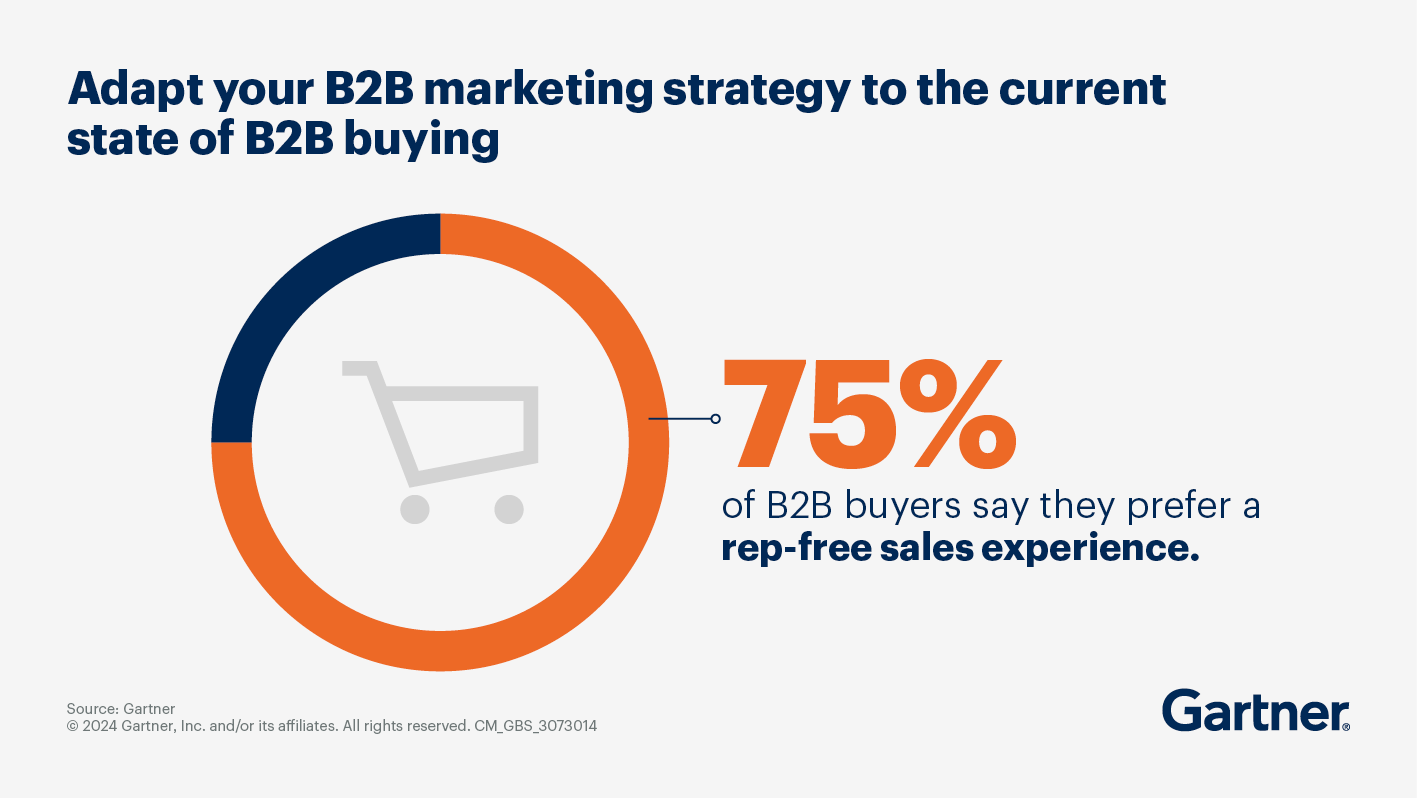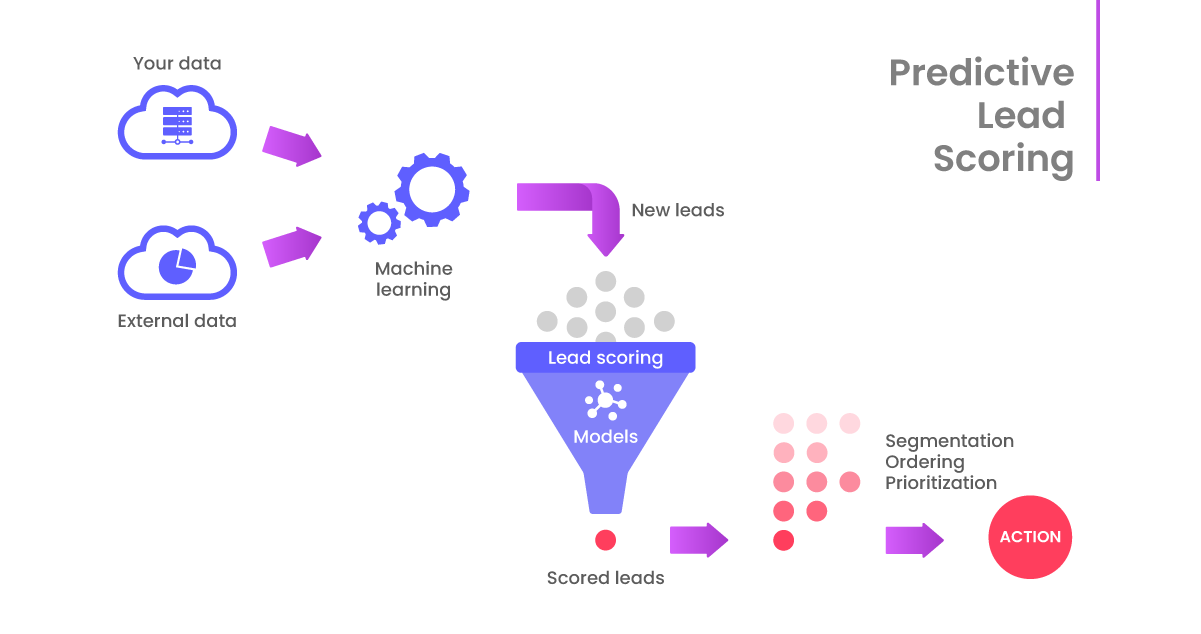The Future of Sales Outsourcing: Hybrid is Here
Sales outsourcing has long been a proven way for companies to expand their reach, reduce operational costs, and scale revenue efforts without the expense of building large internal teams. Traditionally, outsourcing meant handing entire functions (like lead generation or appointment setting) to a third-party provider. But the market has shifted. Buyers expect more tailored outreach, faster response times, and deeper product knowledge.
The solution gaining momentum is a hybrid approach, combining the strengths of in-house teams with the specialized capabilities of outsourced partners. This model offers the scalability and expertise of outsourcing while preserving the brand alignment and customer intimacy of an internal sales force.
Quick Takeaways
- Hybrid sales outsourcing combines in-house control with outsourced scalability.
- Shared technology ensures transparency and efficiency.
- Ongoing training keeps all teams aligned on messaging and goals.
- Hybrid models adapt quickly to market changes and specialized needs.
- The future of sales outsourcing is collaborative and technology-driven.
Why Hybrid Sales Outsourcing is Emerging Now
There are several forces shaping the shift towards hybrid models:
Longer, more complex buyer journeys
B2B decision-making involves multiple stakeholders with unique priorities. Reaching them requires multi-touch, multichannel strategies that combine personalization with scale.
In fact, 75% of B2B buyers now prefer a rep-free sales experience. Yet, self-service digital purchases are far more likely to result in purchase regret, making it essential for sales and marketing teams to find the right balance between digital convenience and human interaction.

Tighter talent markets
Recruiting and retaining skilled sales professionals is becoming more competitive and costly, especially for specialized roles like outbound prospectors or industry-specific account managers.
Greater need for agility
Businesses want the ability to expand into new markets or scale campaigns without the delays of recruiting and onboarding full-time staff.
Specialization requirements
Certain sales functions (multilingual outreach or industry-specific prospecting) require niche skills that are more cost-effective to source from external partners.
Hybrid sales outsourcing allows companies to keep strategic functions in-house while leaning on outsourced specialists for targeted execution.
How Hybrid Sales Outsourcing Works
In a hybrid structure, the sales organization is split by role and function, not by geography or arbitrary division. In-house teams typically handle high-value, relationship-driven activities (such as enterprise account management, strategic partnerships, and complex deal negotiations) while outsourced teams manage scalable, process-driven tasks like:
- Lead qualification
- Outbound prospecting
- Data enrichment
Integration is key. Both sides work within the same CRM, collaborate in regular pipeline reviews, and share performance dashboards. This ensures there are no visibility gaps, and prospects experience a seamless journey from first contact to closed deal.
Benefits of the Hybrid Model
The hybrid model offers a combination of advantages that purely in-house or fully outsourced setups often can’t match:
- Scalable capacity: Companies can ramp resources up or down based on seasonality, product launches, or market shifts without long hiring cycles.
- Specialized skill access: External partners bring proven methodologies, trained talent, and often proprietary tools for faster execution.
- Better in-house focus: Internal teams can dedicate more time to nurturing high-potential accounts, complex negotiations, and relationship-building.
- Broader market reach: Outsourced teams can operate in new regions or industries quickly, without the overhead of establishing local offices.
The result is a flexible, cost-efficient structure that can pivot as business needs evolve.
Technology as the Foundation
Technology enables hybrid sales outsourcing to function as one cohesive unit. Shared CRMs and sales engagement platforms create transparency, allowing both internal and external reps to work from the same data.
AI-enhanced tools and intent data platforms add another layer of precision. Outsourced teams can identify and prioritize leads showing in-market behavior, while in-house teams receive timely alerts to engage them in meaningful conversations.
For example, a company might use predictive analytics to determine which prospects are most likely to buy within the next 90 days.

The outsourced team can focus outreach efforts there, feeding qualified opportunities directly into the in-house team’s calendar for demos or strategy calls.
Redefining Outsourced Team Training
In traditional sales outsourcing, external reps often received minimal onboarding, leading to inconsistent messaging. Hybrid models take a different approach: outsourced teams participate in ongoing training alongside internal reps.
This might include:
- Weekly product updates
- Shadowing internal calls to learn tone and positioning
- Access to internal knowledge bases and enablement platforms
Embedding outsourced teams in company culture and workflows ensures that prospects and customers have a consistent brand experience regardless of who initiates contact.
Measuring Hybrid Sales Outsourcing Performance
Success in hybrid sales outsourcing depends on measuring the right metrics and holding all teams accountable. Common shared KPIs include:
- Lead-to-opportunity conversion rate: Ensures quality lead generation from outsourced teams.
- Sales cycle length: Tracks efficiency across the funnel.
- Average deal size: Monitors impact on revenue growth.
- Customer acquisition cost (CAC): Measures efficiency relative to spend.
Regular joint reviews keep strategies aligned and allow both internal and external teams to refine their efforts based on performance data.
Common Use Cases
Hybrid sales outsourcing adapts well to many scenarios:
- Market entry: Outsourced teams generate leads in a new territory, while internal reps focus on building strategic local relationships.
- Product launches: External teams create early pipeline momentum while in-house teams handle demos and closing.
- Seasonal demand: Extra capacity during peak periods without long-term commitments.
- Specialized campaigns: Targeted account-based efforts that require highly specific outreach skills.
Avoiding Pitfalls in Hybrid Outsourcing
While the hybrid model offers significant advantages, it’s not without challenges:
- Lack of process alignment: Without clear handoff points, leads can stall or be lost.
- Inconsistent messaging: Gaps in training can lead to prospects receiving conflicting information.
- Different success definitions: If KPIs aren’t aligned, internal and external teams may work toward competing priorities.
Avoiding these issues requires a clearly documented operational playbook, regular alignment meetings, and open communication across both teams.
Preparing for the Next Phase of Sales Outsourcing
The future of sales outsourcing will focus on deeper integration and shared ownership of results. Rather than outsourcing purely for cost efficiency, companies will view external teams as strategic partners embedded in the revenue engine.
Advances in sales technology, AI-driven insights, and intent-based targeting will make hybrid models even more effective. Outsourced specialists will become extensions of in-house teams, collaborating on go-to-market strategies, sharing market intelligence, and influencing product roadmaps.
Make Hybrid Sales Outsourcing Work with Televerde
Hybrid sales outsourcing blends the strengths of both in-house and external teams, enabling companies to scale strategically, access specialized expertise, and maintain control over brand relationships.
Ready to see how a hybrid approach can strengthen your sales performance? Televerde’s sales outsourcing solutions integrate seamlessly with your internal teams, delivering the reach, precision, and results you need. Contact us today to learn more.


